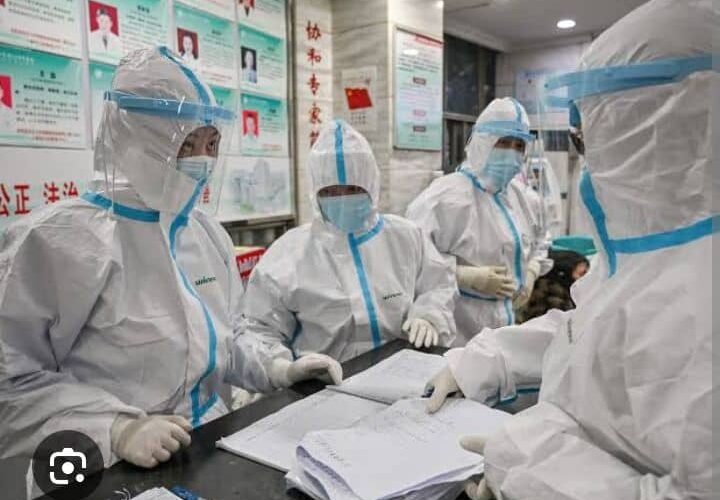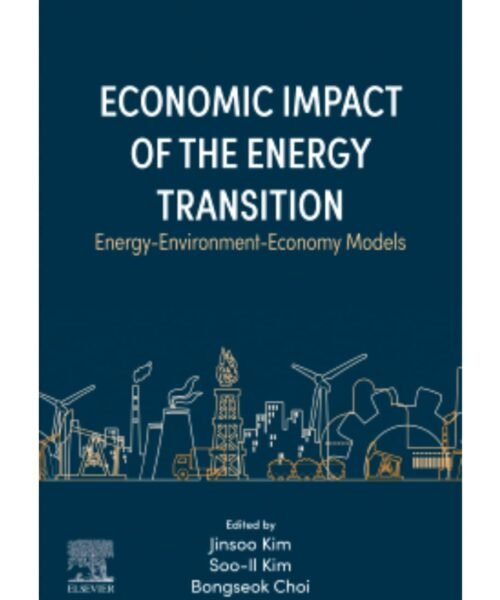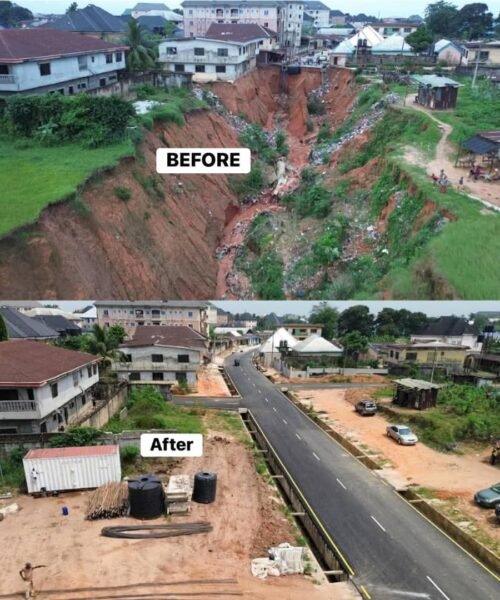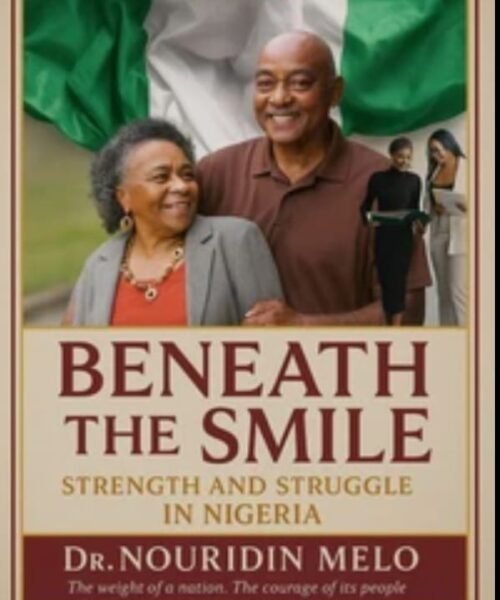The Lab Leak: Unveiling the Truth About Science in Africa
Introduction
The COVID-19 pandemic has left an indelible mark on humanity, sparking intense debates and controversies. Recently, the Central Intelligence Agency (CIA) made a startling revelation, reversing its initial stance on the origins of the virus. With new evidence, the CIA now believes that COVID-19 leaked from a Chinese laboratory. This dramatic shift raises fundamental questions about the politicization of scientific truth, the pursuit of truth itself, and the implications for Africa.
The CIA’s Change of Heart
In a surprising turn of events, the CIA has acknowledged that the COVID-19 pandemic may have originated from a lab leak in China. This reversal is based on fresh evidence, which has prompted a reevaluation of the agency’s initial assessment. The implications are profound, sparking concerns about the integrity of scientific research and the influence of politics on truth.
The Politicization of Scientific Truth
The COVID-19 pandemic has exposed the darker side of scientific inquiry. Politics, ideologies, and economic interests have all played a role in shaping the narrative around the virus. The lab leak theory, initially dismissed as a conspiracy, has now gained credibility. This raises disturbing questions about the manipulation of scientific truth and the consequences for public health.
The Truth About Truth
In an era where misinformation and disinformation reign supreme, the pursuit of truth has become increasingly complicated. The lab leak controversy serves as a stark reminder of the challenges in uncovering the truth. With the proliferation of fake news, biased reporting, and vested interests, it’s becoming increasingly difficult to distinguish fact from fiction.
COVID-19 and Global Poverty: Statistics and Figures
Here are six robust paragraphs with statistics:
The COVID-19 pandemic has had a profound impact on global poverty levels. According to the World Bank, over 100 million people have been pushed into extreme poverty due to the pandemic. This staggering figure represents a significant setback in the global effort to eradicate poverty.
The human toll of the pandemic has been devastating. The World Health Organization (WHO) reports that over 5 million lives have been lost to COVID-19 worldwide. This number is a sobering reminder of the pandemic’s deadly consequences and the need for continued vigilance.
The pandemic has also had a crippling effect on the global economy. The International Monetary Fund (IMF) estimates that the pandemic has resulted in a staggering $3.2 trillion economic loss. This figure highlights the pandemic’s far-reaching economic consequences and the need for sustained support.
Global trade has also been severely impacted by the pandemic. The World Trade Organization (WTO) reports that global trade declined by 22% in 2020 due to the pandemic. This sharp decline has had a ripple effect throughout the global economy.
In Africa, the pandemic has exacerbated existing economic challenges. According to the African Development Bank, the pandemic has resulted in a 40% decline in foreign investment in Africa. This decline has had a disproportionate impact on vulnerable economies.
The pandemic has also accelerated the digital transformation of businesses worldwide. A report by McKinsey found that the pandemic has accelerated the adoption of digital technologies by 5-7 years. This rapid transformation has created new opportunities for businesses to innovate and adapt.
The Impact on Africa
The COVID-19 pandemic has had a devastating impact on Africa, exacerbating existing challenges and creating new ones. The lab leak controversy serves as a reminder of the continent’s vulnerability to global health crises. As Africa struggles to recover from the pandemic, it’s essential to prioritize:
Investing in healthcare infrastructure is crucial for strengthening health systems to respond to future pandemics. In Africa, healthcare services face significant challenges, including limited access, infrastructure gaps, workforce shortages, and inadequate financing.¹ To address these challenges, it’s essential to invest in research infrastructure, encourage collaboration between academia and healthcare providers, and support the translation of research findings into practice.² According to the World Health Organization (WHO), every dollar invested in healthcare infrastructure generates an average return of $1.40 in economic growth.
Promoting scientific research is vital for encouraging African scientists to contribute to global health discussions. Africa has made significant progress in expanding access to healthcare, improving maternal and child health, and implementing disease control programs. However, more needs to be done to strengthen health sciences research capacity in African countries. A study found that long-term investment from international donors and increasing funding commitments from African governments and philanthropies are necessary to realize a critical mass of local capacity and create world-class research hubs.³ For instance, the African Academy of Sciences has launched initiatives to support African researchers in addressing the continent’s health challenges.
Fostering international cooperation is essential for collaborating with global partners to address health security threats. The COVID-19 pandemic has highlighted the need for global solidarity and cooperation in responding to health crises. According to the World Bank, investing in sustainable infrastructure projects, including healthcare infrastructure, can promote long-term economic, environmental, social, and institutional health.⁴ Furthermore, international cooperation can facilitate the sharing of knowledge, expertise, and resources to address health security threats. For example, the WHO has launched initiatives to support countries in strengthening their health systems and responding to health emergencies.

Conclusion
The lab leak controversy has sparked a necessary conversation about the politicization of scientific truth and the pursuit of truth itself. As Africa navigates the complexities of global health, it’s essential to prioritize truth, transparency, and cooperation. Only by working together can we uncover the truth and build a more resilient future for all.
Dr Chukwuemeka Ifegwu Eke writes from the University of Abuja Nigeria.







